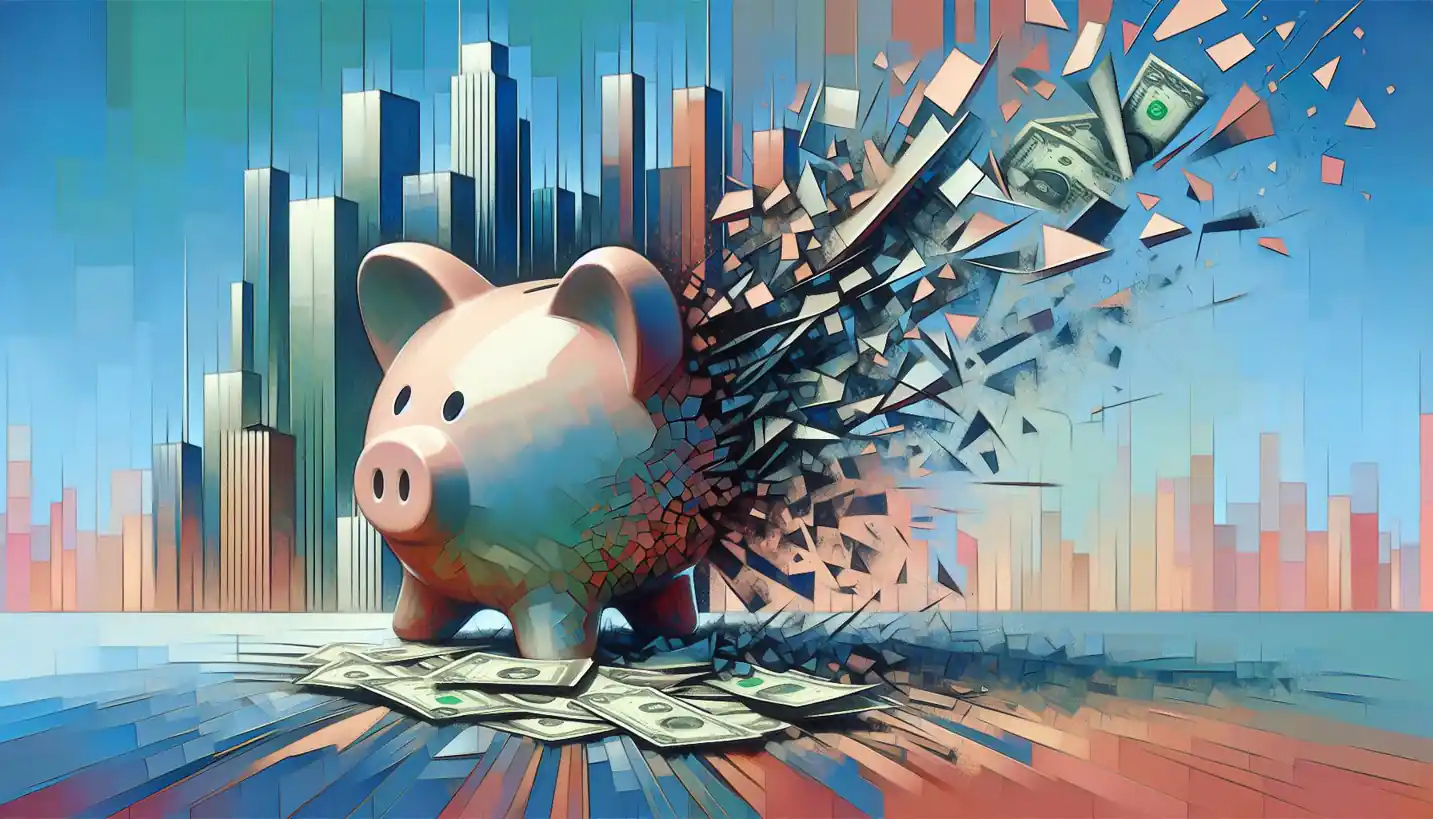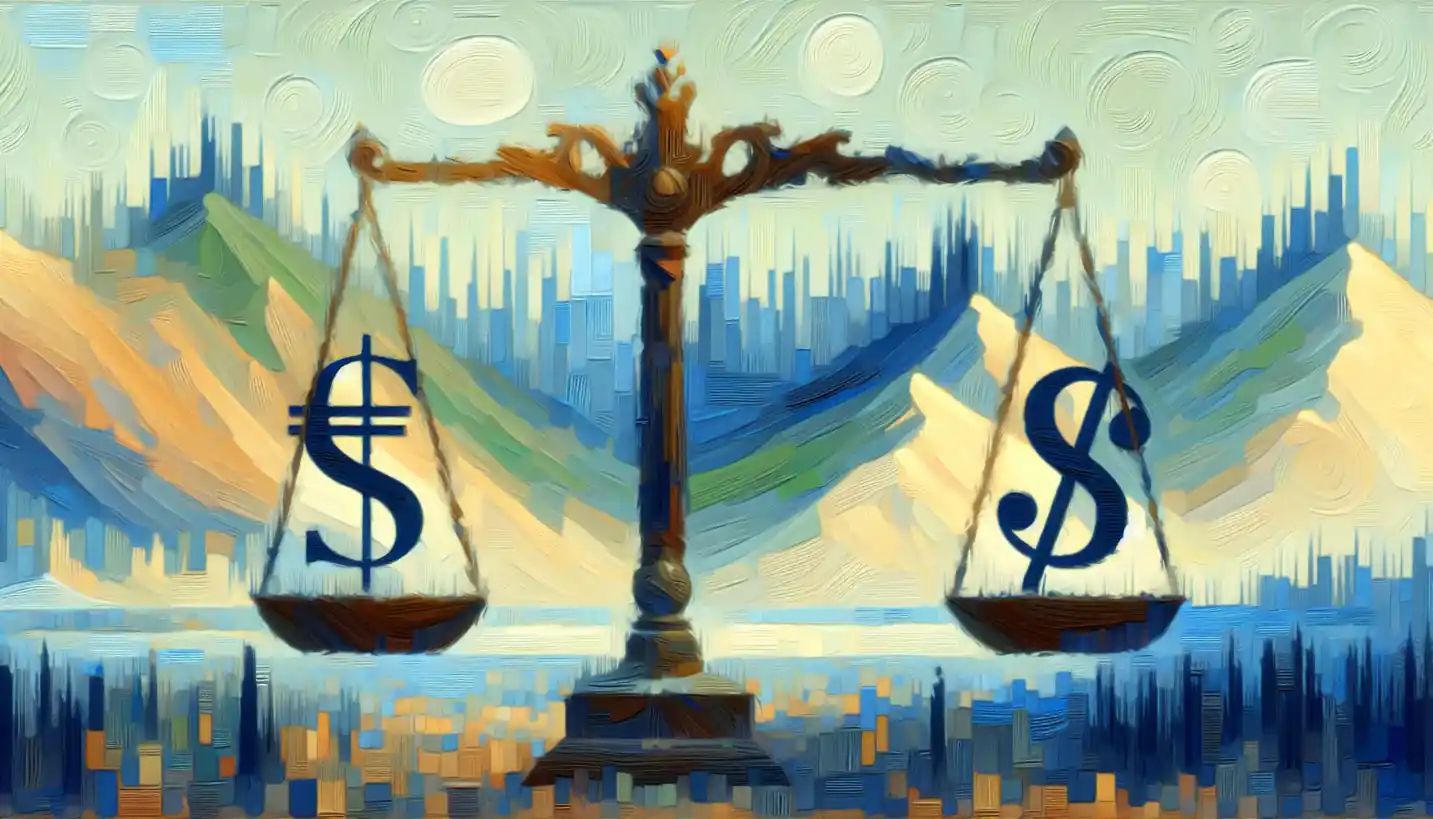· Economics · 4 min read
Sequential Games: A Dive into Strategic Decision-Making
Sequential games unveil the importance of timing in strategic decision-making. Jump into the complex world where moves are carefully timed and strategy is everything.

In our complex world, understanding how decisions unfold can be as puzzling as a game of chess. Sequential games, a concept from game theory, offer a fascinating look into strategic decision-making, both in economics and everyday life. Let’s explore how these games work and why they’re so crucial.
What Are Sequential Games?
Sequential games are like a chess match, where players make their moves one after the other rather than all at once. Imagine you’re playing a game of tic-tac-toe against a friend. You place your “X” first, and then your friend responds with an “O.” This back-and-forth pattern continues until the game ends. Each move depends on what happened earlier, and each player’s decision influences the next step.
The Power of Timing
The big deal about sequential games is how timing affects strategy. Think of it like stacking blocks in a tower. If you don’t carefully plan your moves, the tower might come crashing down. In these games, every player observes past actions before choosing their own move, creating a complex web of strategic thinking.
A Story of Strategy
Let’s take a peek into a story from business strategy. Imagine two competing coffee shops, both eying a prime location for their new branches. The first shop, knowing the second will react, decides to set up a large promotional campaign before opening. The second shop observes this move and decides to open a branch in another area to avoid direct competition. This sequential decision-making shows how each player’s action is influenced by the other’s, just like our coffee shop scenario.
Why Are Sequential Games Important?
Sequential games aren’t just about coffee shops. They’re everywhere, from politics to online bidding. These concepts help companies predict competitor behavior, allowing them to plan better strategies. Understanding these games can uncover hidden strategies in business deals, negotiations, and even personal decisions.
Real-Life Examples
Consider the oil industry. Companies often decide whether to invest in new technologies based on what their competitors are doing. If one company leaps into renewable energy, others might follow suit to avoid falling behind. Another example is auction sites like eBay, where bidders observe others’ bids before placing their own.
Game Theory: The Brain Behind the Games
Game theory, the study of mathematical models of strategic interaction, provides the framework for understanding sequential games. It helps economists and strategists figure out the best options when individuals or businesses compete. This theory isn’t just for academics; it’s used by companies and governments to make informed decisions.
Breaking Down Game Theory
At its core, game theory analyzes how players behave when their choices depend on others’ actions. Sequential games are just one type under this broad umbrella. By predicting the possible outcomes and reactions, players can make smarter moves.
Applications in Economics
In economics, sequential games clarify how businesses can achieve optimal outcomes. For instance, when entering a new market, companies must forecast their competitors’ responses. By using sequential game models, they can anticipate reactions and adjust strategies accordingly.
The Role of Nash Equilibrium
A famous concept in game theory, the Nash Equilibrium, comes into play here. It describes a situation where no player can benefit by changing their strategy if others keep theirs unchanged. Understanding this helps companies in planning actions that secure stable results.
Unlocking the Future: Possibilities with Sequential Games
Sequential games continue to evolve, especially with advancements in artificial intelligence and machine learning. Imagine robots or AI systems predicting and reacting to human decisions in real-time. This could revolutionize fields like finance, healthcare, and technology.
Open-Ended Questions
As we explore sequential games, several intriguing questions arise. How can businesses fully harness these strategies in rapidly changing markets? What role will AI play in transforming our understanding of these games? The future holds exciting possibilities, inviting further exploration.
Conclusion: The Strategic Dance
Sequential games are more than just theoretical puzzles. They’re a lens through which we can view and predict human behavior and interactions. Whether it’s in business, economics, or daily life, understanding these games offers a strategic edge. As this field grows, we can expect even greater insights into the way we make decisions, shaping a smarter, more informed world.
By diving into the world of sequential games, we’re not just learning about strategy, but also getting a glimpse into the decision-making processes that shape our lives and industries. Whether it’s competing companies or chess players, these games reveal the intricate dance of strategy and timing that define success.


